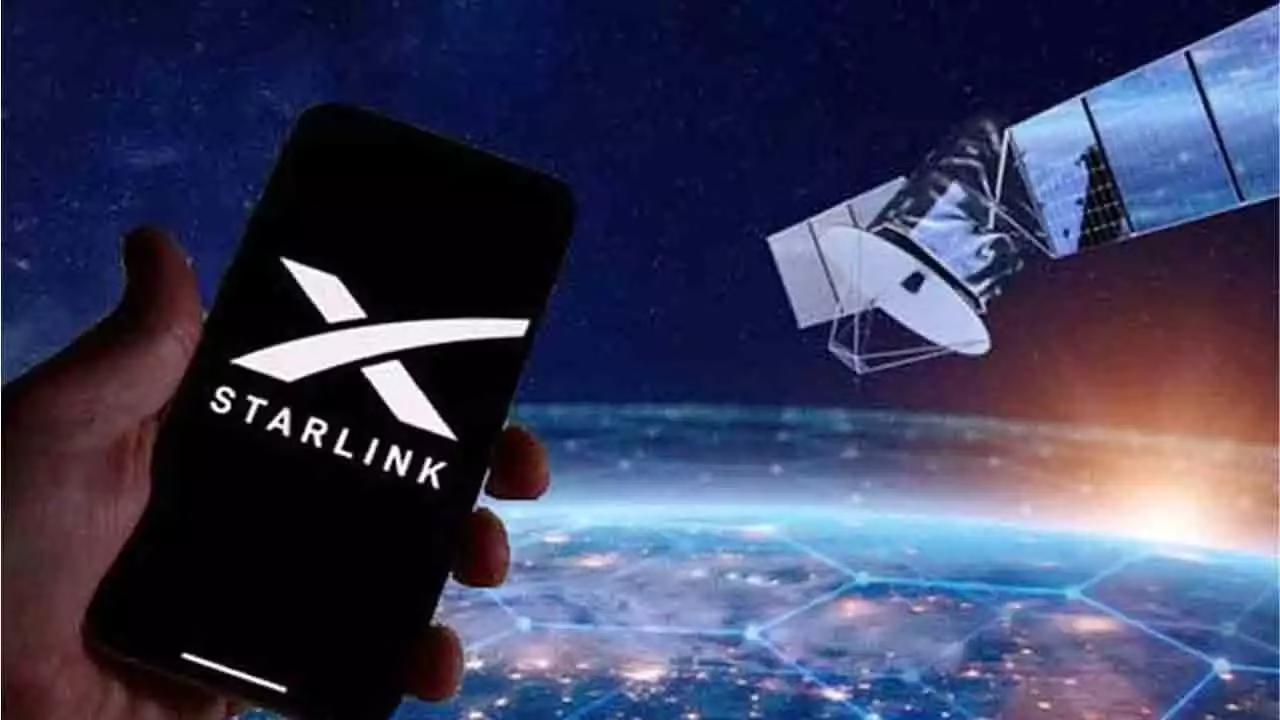Elon Musk’s Starlink is taking significant steps to bring high-speed internet to Pakistan. According to a document from the Pakistan Telecommunication Authority (PTA), the company aims to deliver direct internet services to Pakistani users via Low Earth Orbit (LEO) satellites. With Starlink’s registration as a private limited company under the Securities and Exchange Commission of Pakistan (SECP), the country is on the brink of a digital revolution.
Starlink’s Ambitious Plans for Pakistan
Starlink, a subsidiary of SpaceX, has been making waves globally with its mission to provide internet access in even the most remote regions of the world. Now, it has set its sights on Pakistan, a country where connectivity challenges persist in rural and underserved areas.
The company’s plan to use LEO satellites offers a promising solution. Unlike traditional satellite internet systems that rely on geostationary satellites, LEO satellites operate much closer to the Earth, reducing latency and improving connection speeds. This technology is expected to bridge the digital divide in Pakistan, enabling faster and more reliable internet access.
Registration with SECP: A Milestone Achievement
Starlink’s registration as a private limited company with the SECP marks a crucial step in its journey to establish operations in Pakistan. This move demonstrates the company’s commitment to adhering to local regulations and establishing a long-term presence in the country.
Once Starlink fulfills all regulatory requirements, the PTA will issue the necessary internet services license, allowing the company to officially launch its services.
Benefits of Starlink in Pakistan
Starlink’s entry into Pakistan has the potential to bring transformative benefits, including:
- Improved Connectivity: With its advanced satellite technology, Starlink can provide internet access to remote and underserved regions where traditional infrastructure is lacking.
- Boost to Education: Reliable internet access can revolutionize online education, enabling students in rural areas to access digital learning resources.
- Economic Growth: Enhanced connectivity can drive economic activities, especially for small businesses and freelancers, by connecting them to global markets.
- Disaster Management: During emergencies or natural disasters, Starlink’s satellite internet can ensure uninterrupted communication and coordination efforts.
Challenges and Concerns
While Starlink’s plans are promising, several challenges remain:
- Affordability: The cost of Starlink’s hardware and subscription plans may be a barrier for many users in Pakistan.
- Regulatory Approvals: Meeting the PTA’s requirements and aligning with local laws will be critical for a smooth rollout.
- Competition: Starlink will face competition from existing internet service providers and mobile network operators.
A Global Leader in Satellite Internet
Starlink has already made a significant impact worldwide, with over 4,000 satellites in orbit and millions of active users. The company’s innovative approach has brought internet access to remote areas in countries like the United States, Canada, and Brazil.
Pakistan, with its vast rural landscape and growing digital economy, is an ideal candidate for Starlink’s services. By providing high-speed internet, the company can empower millions of people and contribute to the country’s digital transformation.
PTA’s Role in Facilitating Starlink’s Launch
The Pakistan Telecommunication Authority plays a crucial role in ensuring that Starlink’s services comply with local regulations. The authority has been working to create an enabling environment for international tech companies to invest in Pakistan.
Starlink’s collaboration with the PTA is expected to pave the way for innovative solutions in the telecommunications sector, ultimately benefiting Pakistani users.
The Road Ahead
Starlink’s journey in Pakistan is still in its early stages. However, the company’s proactive steps, such as registering with the SECP and engaging with the PTA, highlight its determination to bring its services to the country.
For Pakistani users, the prospect of accessing high-speed internet via LEO satellites is both exciting and transformative. Starlink’s entry could set a new benchmark for internet connectivity in the region.
Public Reaction and Expectations
The news of Starlink’s potential launch has generated excitement among Pakistanis, particularly in remote areas where internet access is limited or unreliable. Many users are optimistic about the possibilities of faster speeds and improved connectivity.
Social media platforms are abuzz with discussions about Starlink’s affordability and the impact it could have on education, businesses, and daily life.
Starlink’s initiative to provide direct internet access to Pakistani users through LEO satellites is a groundbreaking development. By addressing connectivity challenges and empowering underserved regions, the company has the potential to transform Pakistan’s digital landscape.
As regulatory processes unfold and Starlink inches closer to launching its services, the nation awaits a new era of connectivity, innovation, and growth. With its advanced technology and global expertise, Starlink is poised to play a pivotal role in shaping Pakistan’s digital future.



